Post Punk City: Remembering Glasgow of the 1980s
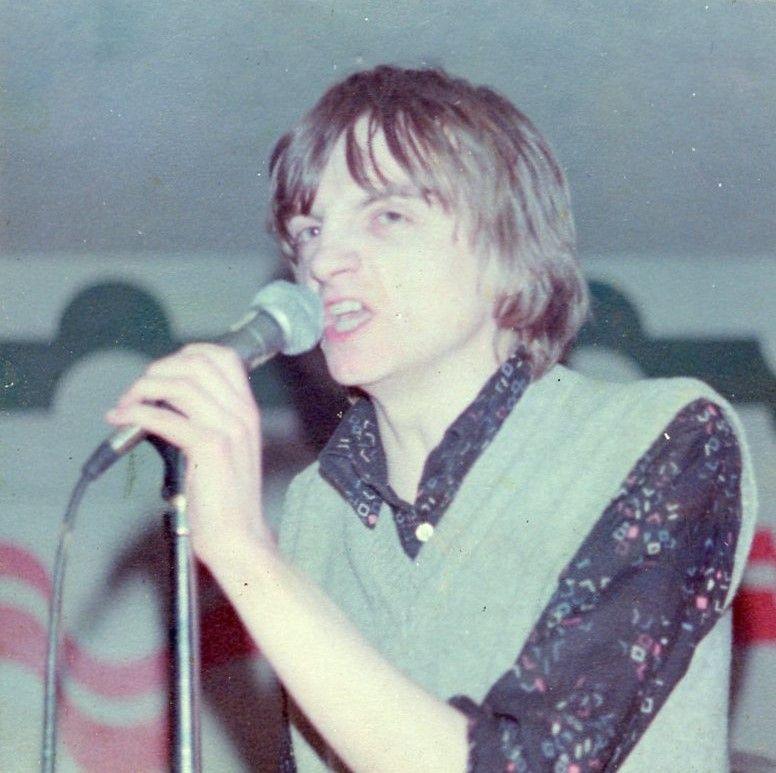
The Fall, performing at Glasgow Tech in 1980
- Published
Martin McClenaghan was a "fan with a camera" during one of the of the most vibrant periods of Glasgow's musical history.
The late 1970s and early 80s was the era of Postcard Records, The Fall and The Cramps at Glasgow Tech, and Altered Images.
Now his snaps are the subject of a new book documenting the city, its communities - and its exciting music scene.
“I’m interested in young people, and what they would think of it,” the photographer says.
“A whole crowd of people just standing there looking at a band, and nobody is holding a phone up. They might be holding a fag instead.”
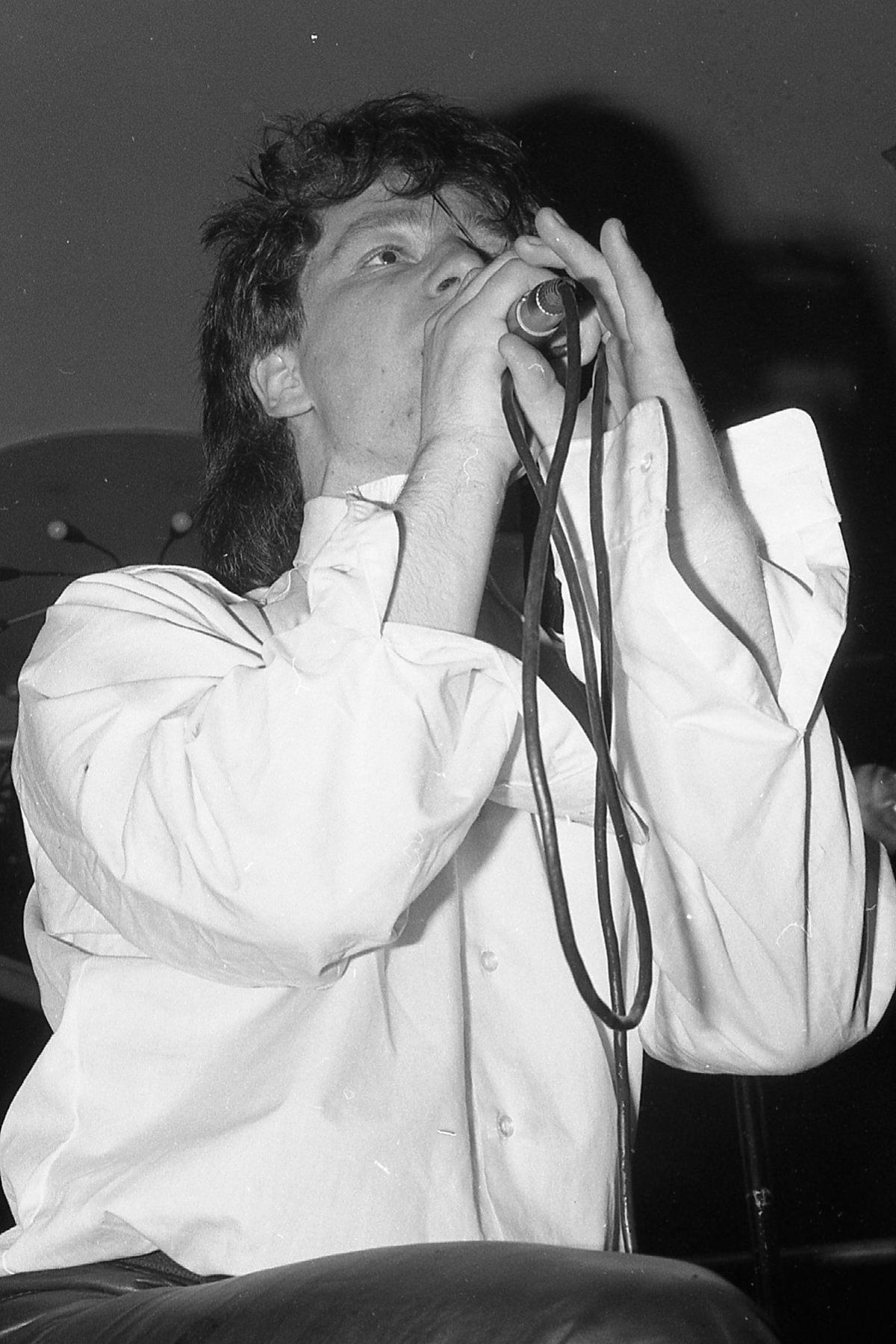
Bono, performing at the University of Strathclyde in 1981
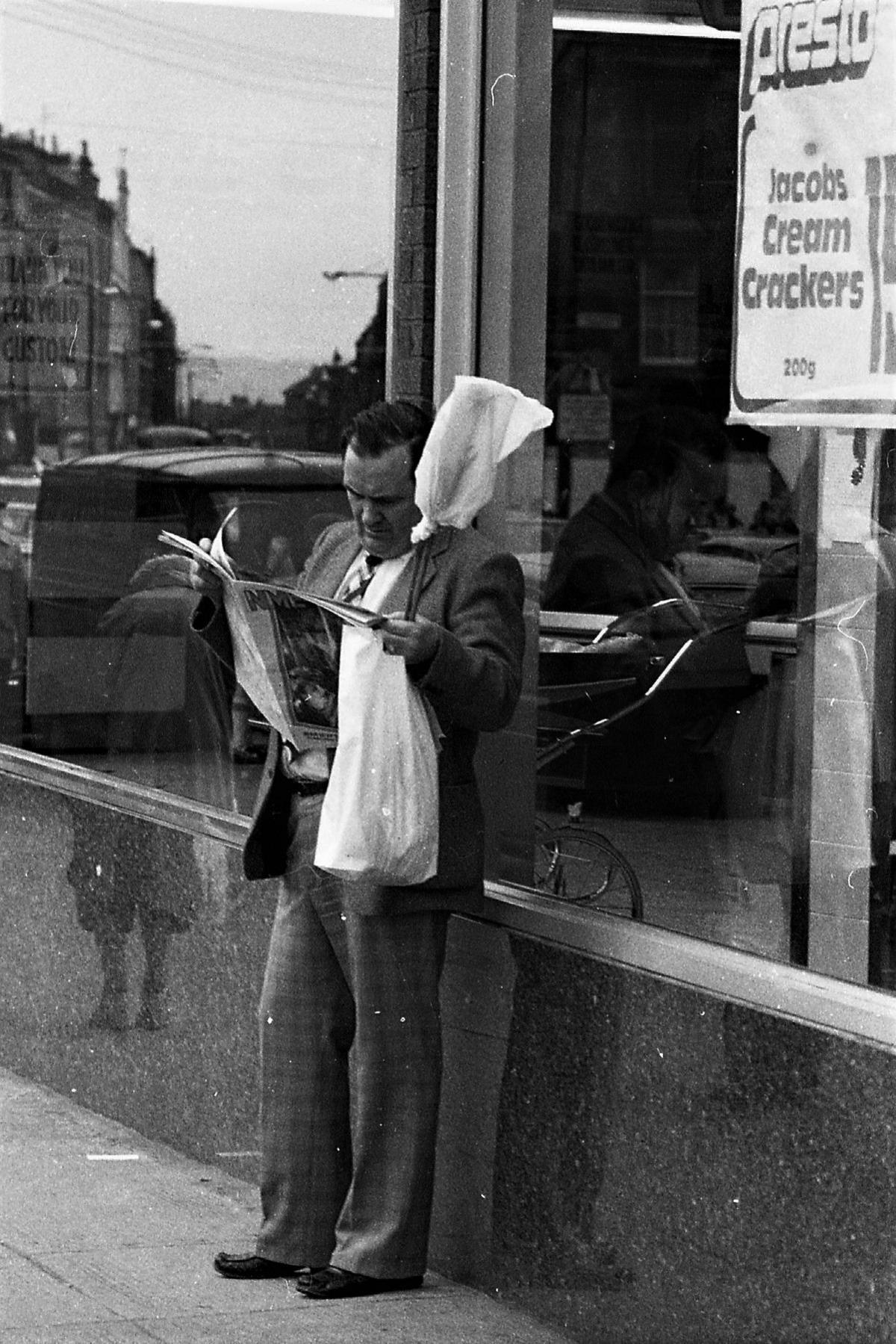
A music fan catches up with the latest edition of NME in Byres Road in 1981
A few years ago, when Martin saw music fans tweeting about gigs from that period, he shared some of his pictures. He was contacted by a fellow enthusiast, the author Chris Brickley, who proposed a book on the subject.
Martin’s photographs of gigs, the cityscape and its people have now been curated into their new book, Post Punk City.
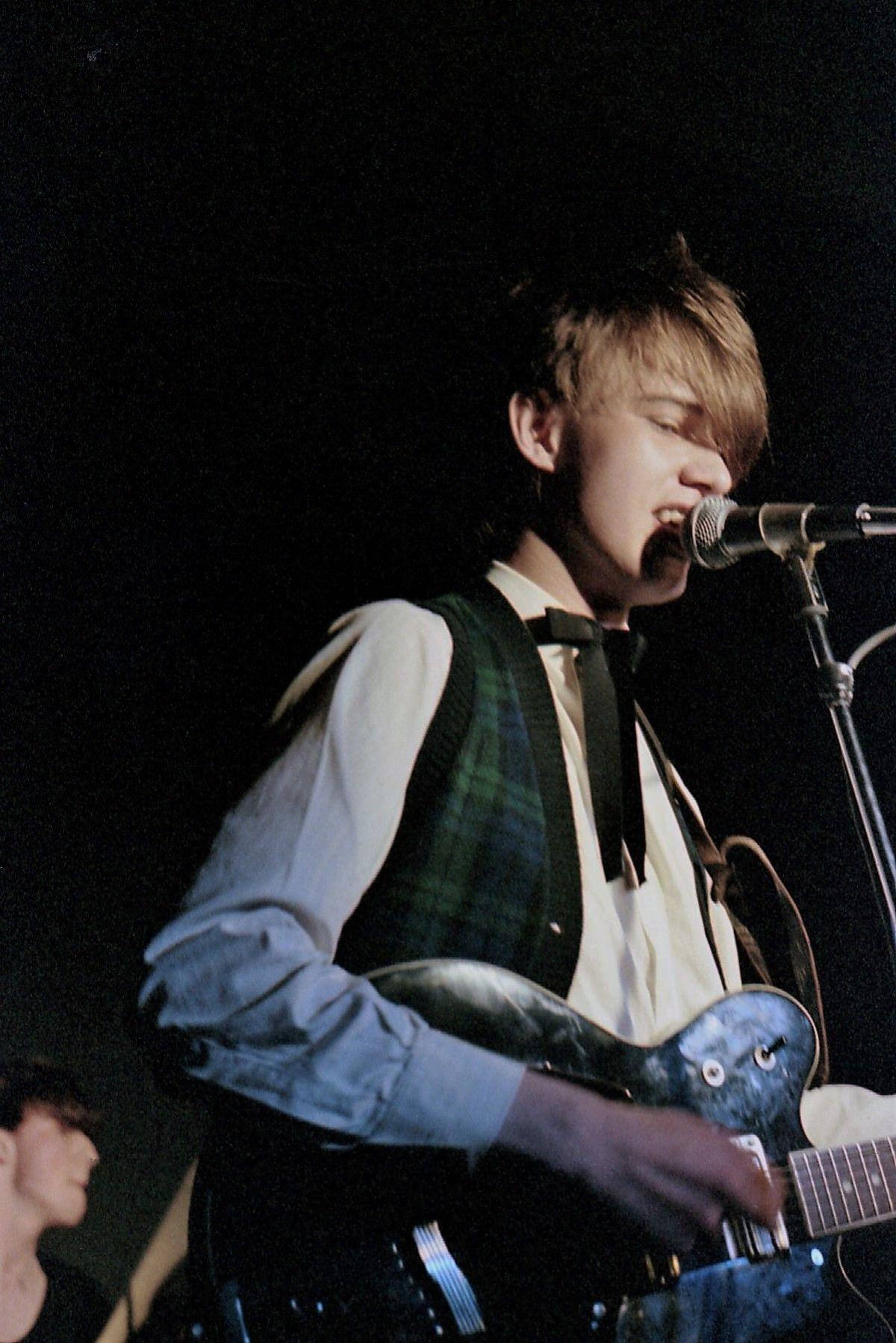
This performance of Orange Juice at the Bungalow Bar in Paisley also features in Martin and Chris' book
Martin grew up in Glasgow and by the late 70s he was, in his own words, a “failed sociology student”.
He said: “There were loads of gigs going on in Glasgow.
“It was cheap, and it was unregulated – nobody was telling you that you couldn’t take a camera apart from in the big places, so you were pretty free to do what you liked.
“Now, you realise you were living through a golden age of live music.”
A 'post-industrial wasteland'
As well as those gigs, Martin walked around the city to document its communities.
“It was just fascinating to go to places like The Barras and Paddy’s Market. You weren’t particularly welcome there – it was a fear that you might be from the ‘social’ and spying on people at the stalls, so you had to be careful.
“If you wanted to take pictures of characters, that is where they were.”
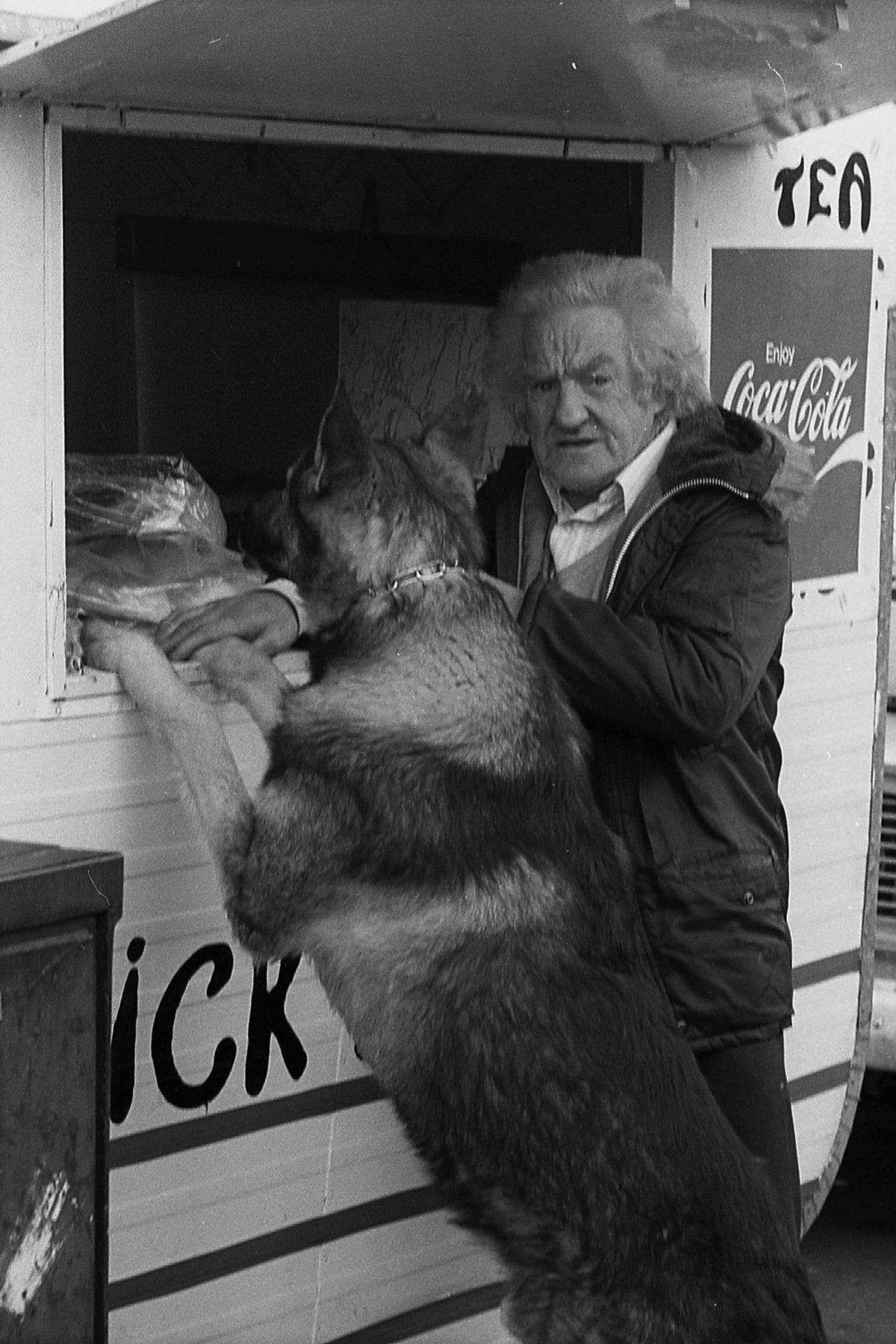
A few of the characters Martin pictured at The Barras
He added: “The Glasgow I grew up in was a miserable place, and I think it is reflected in the pictures. I didn’t go out my way to record misery, but it is what Glasgow was like – a post-industrial wasteland.
“It has been great seeing Glasgow change - the city looks so much better than it did 40 years ago.”
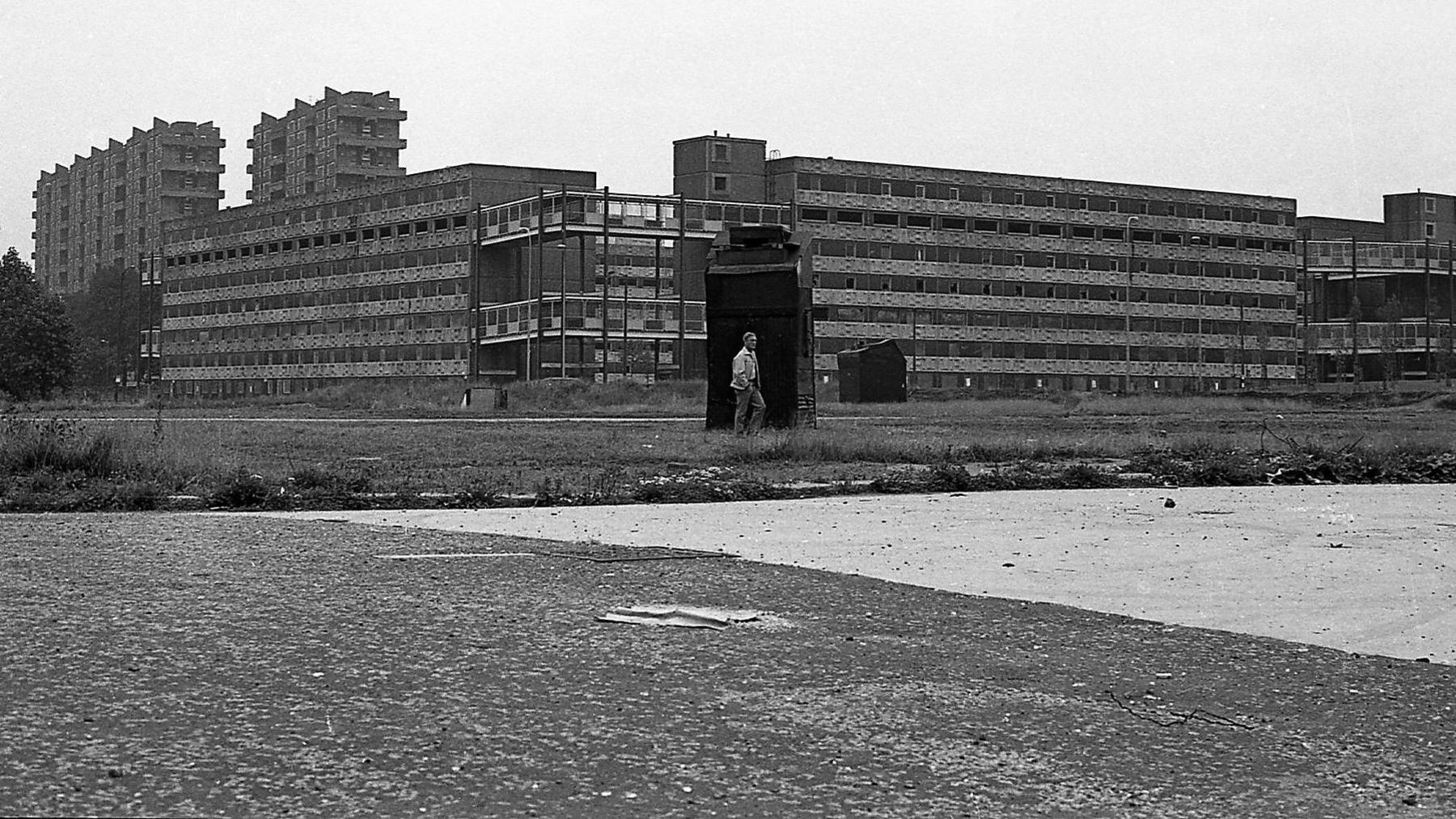
The Gorbals
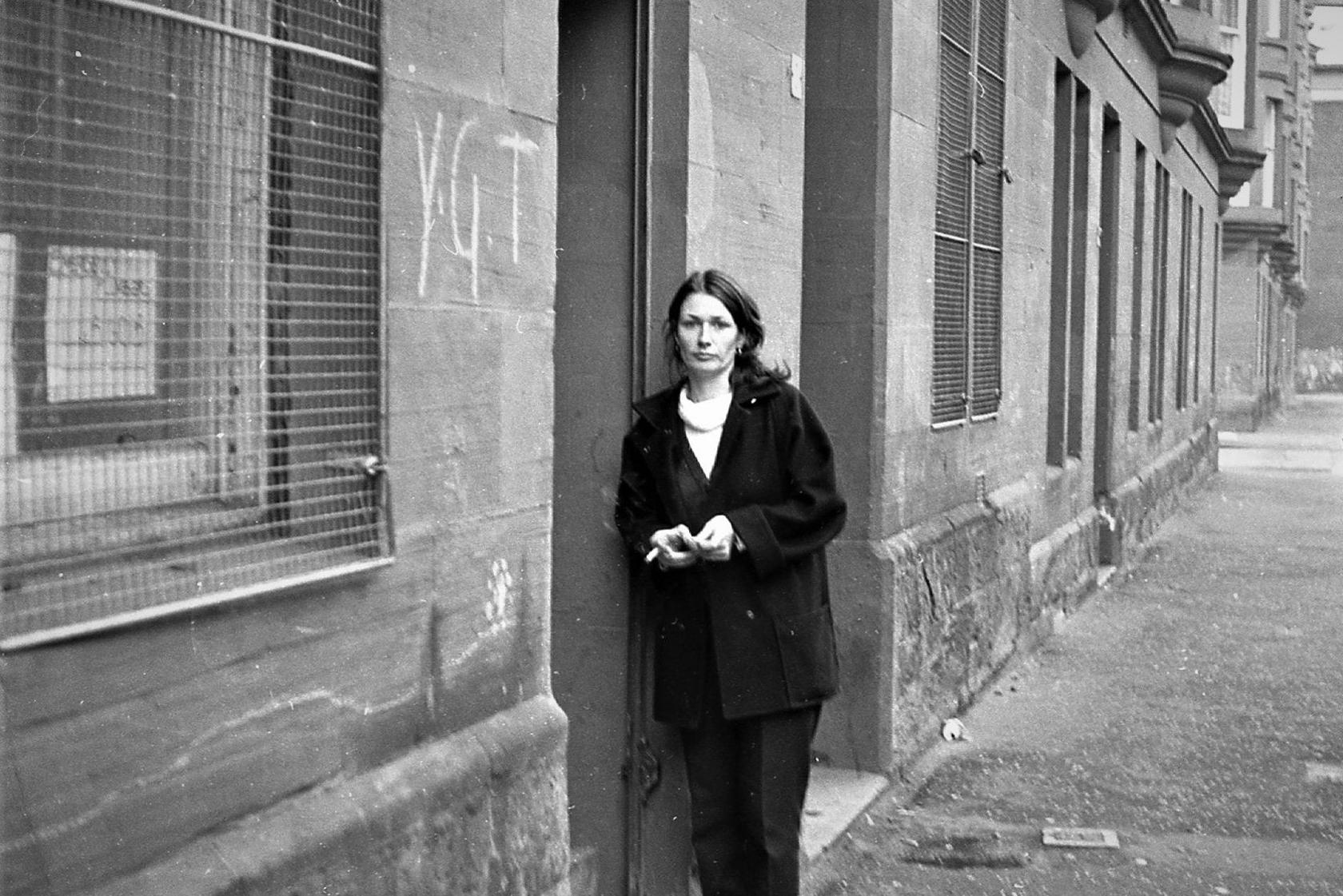
Martin's photograph of Govan
For Chris, he is excited to have brought Martin’s pictures together to form this book.
“It is that really interesting period - late 70s through to 1990 - when Glasgow is very much in a state of transition. It is the last gasp of old Glasgow of myth, moving into 1990 and the European Capital of Culture.
“When I put the book together, I tried to put people at the heart of it – the humanity, all the good things about Glasgow.
“The warmth of the community, the resilience, the humour. Other aspects are not airbrushed and they are challenging.”
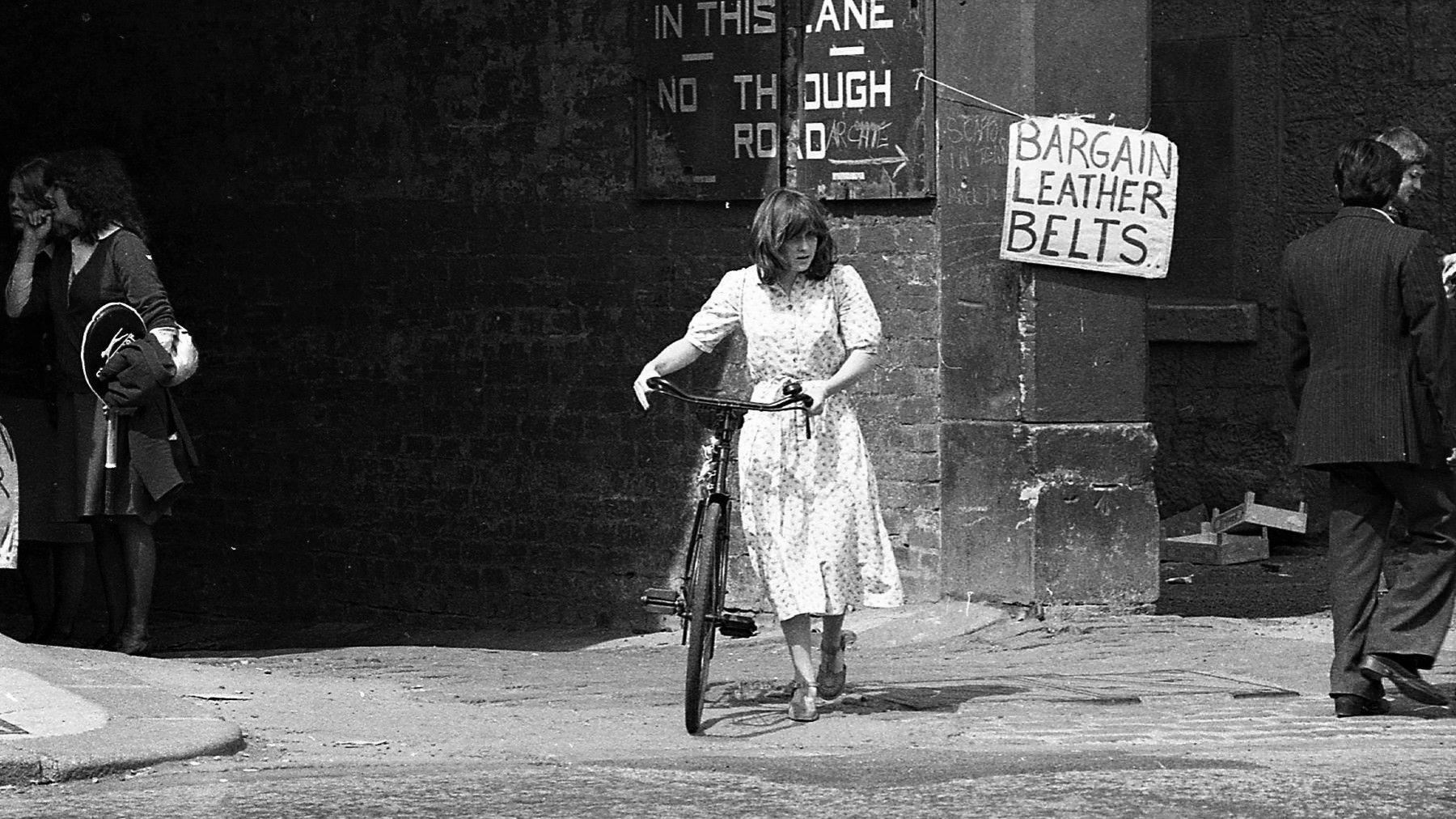
Dowanside Lane in the city's West End
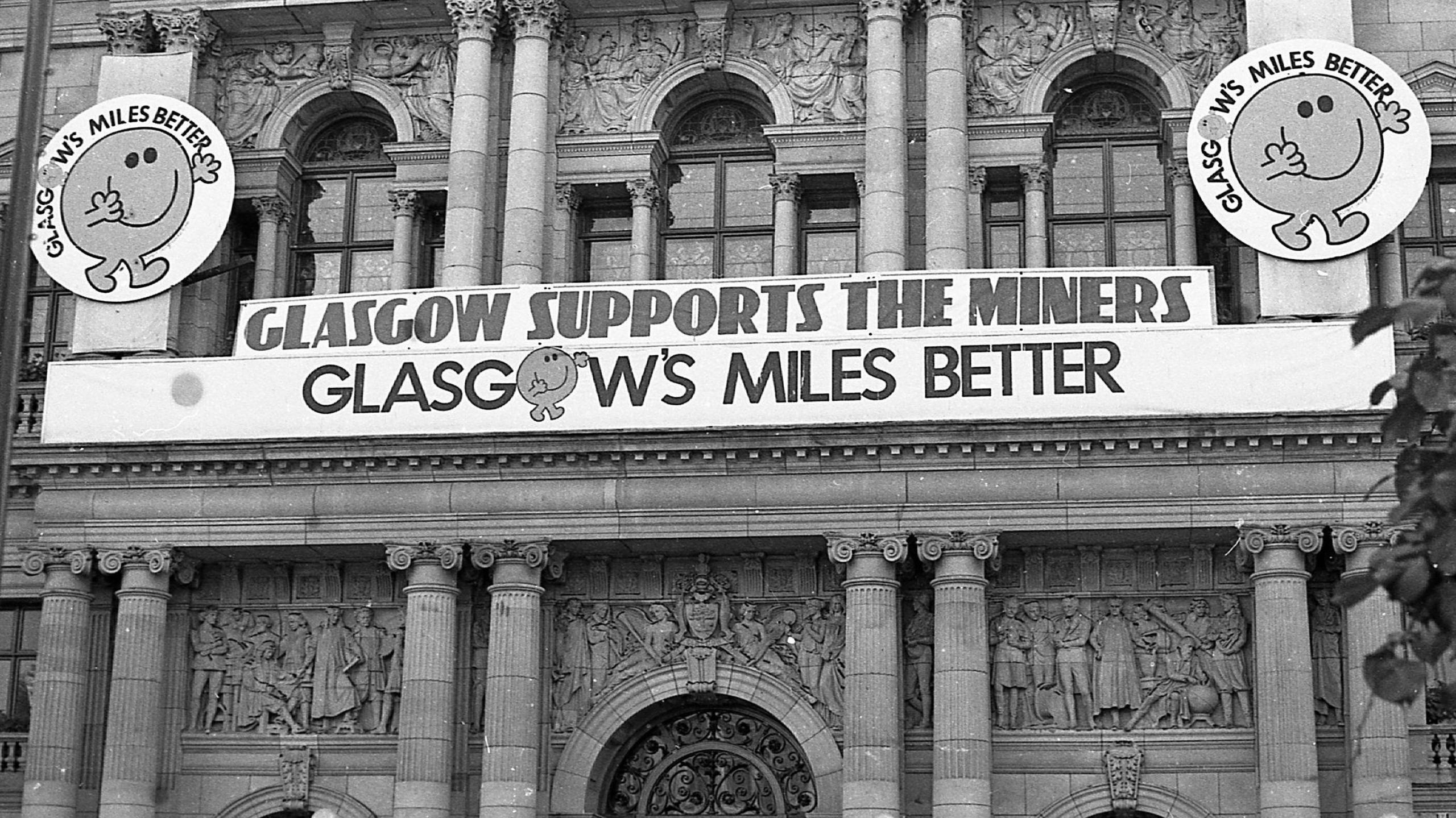
Martin's photographs, including this one from 1984, document the politics and social issues of the time
Get in touch
What stories you would like BBC News to cover from Glasgow and the west of Scotland?